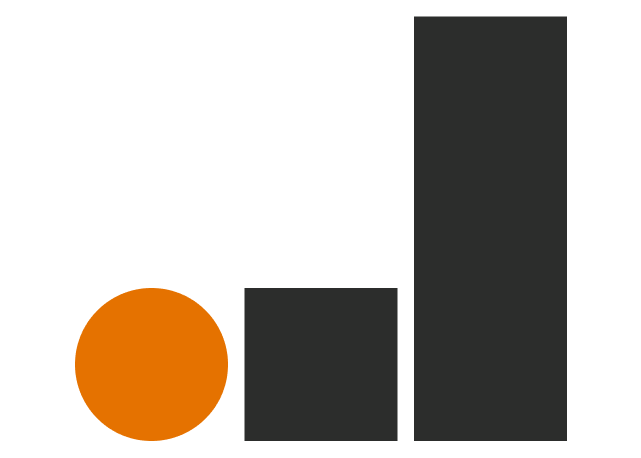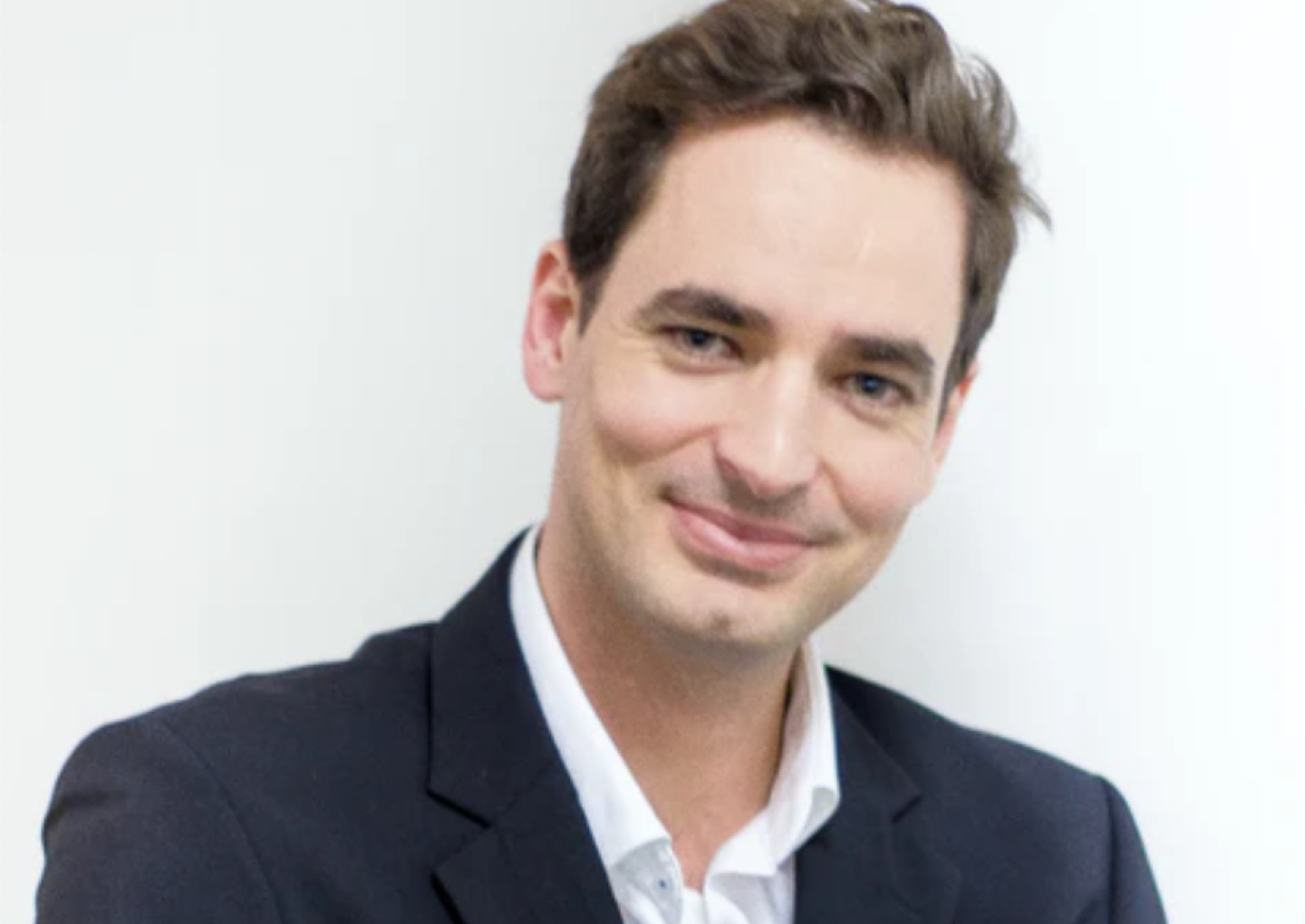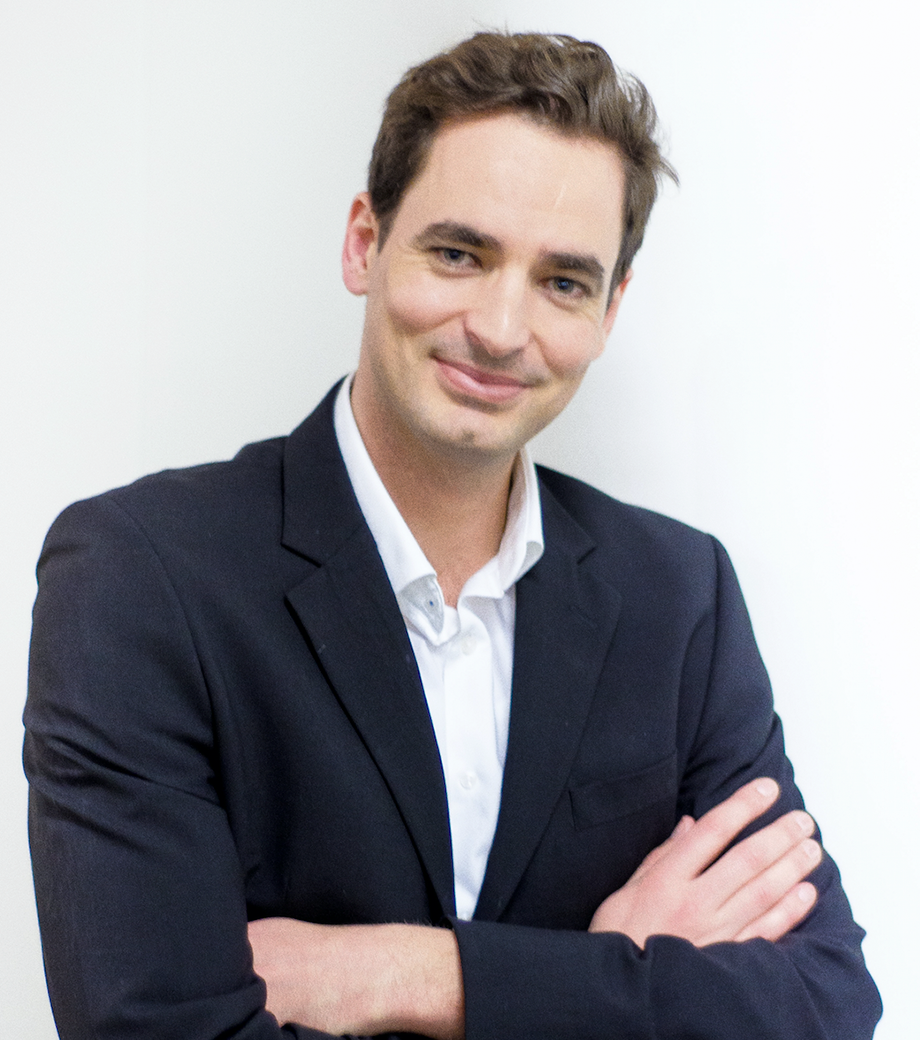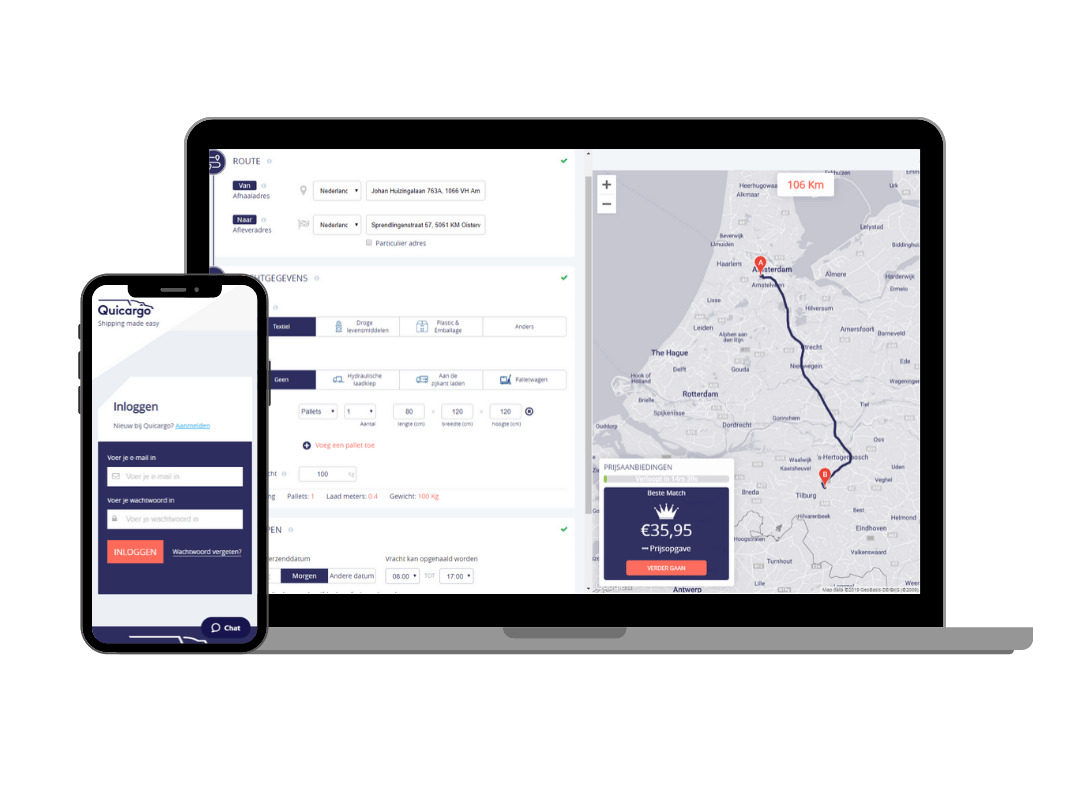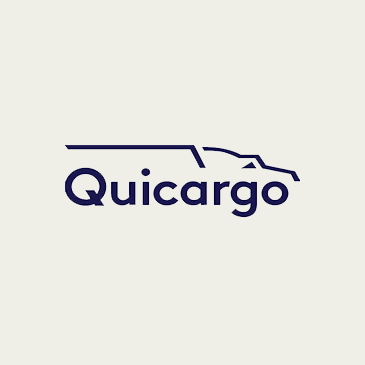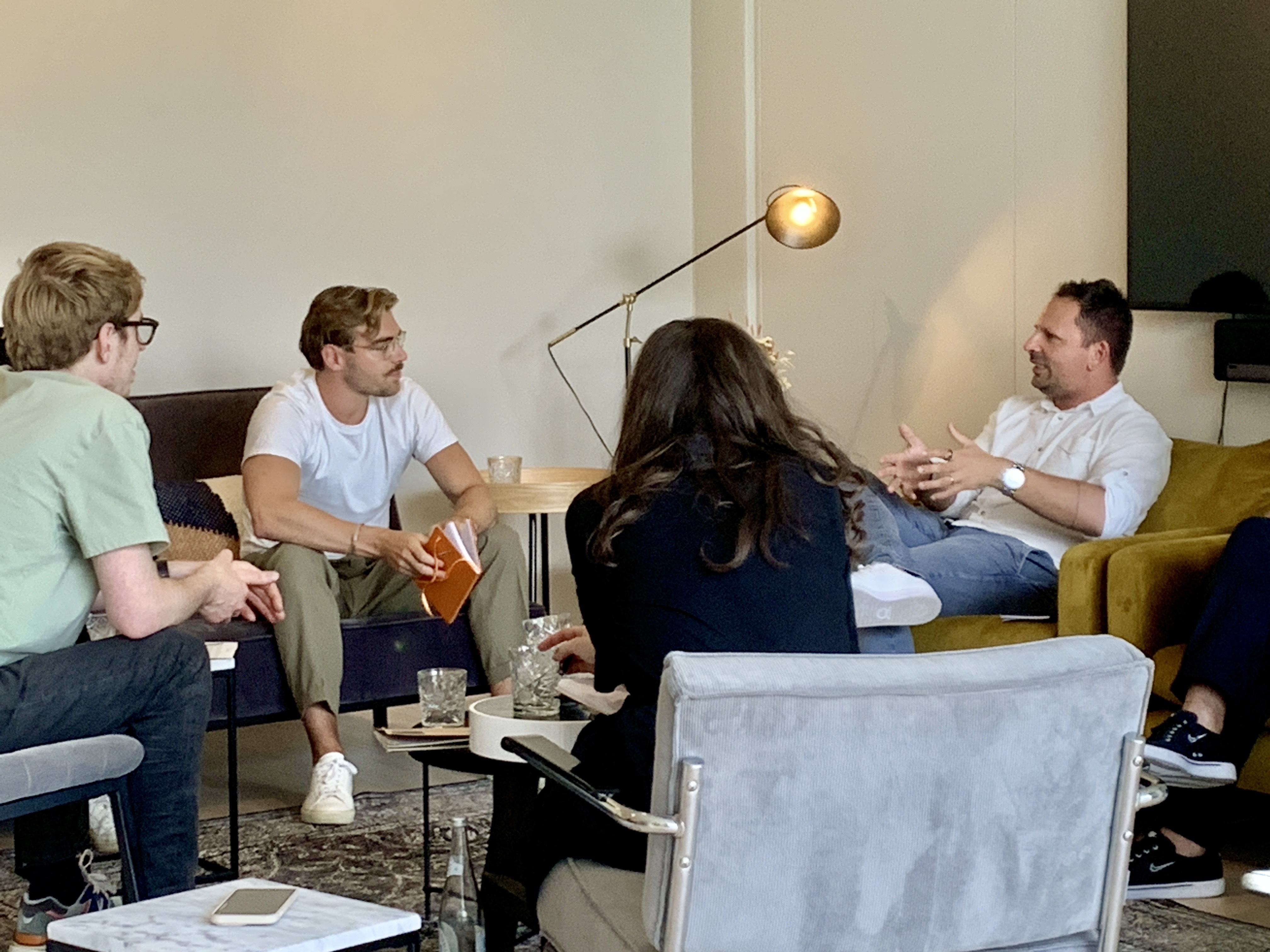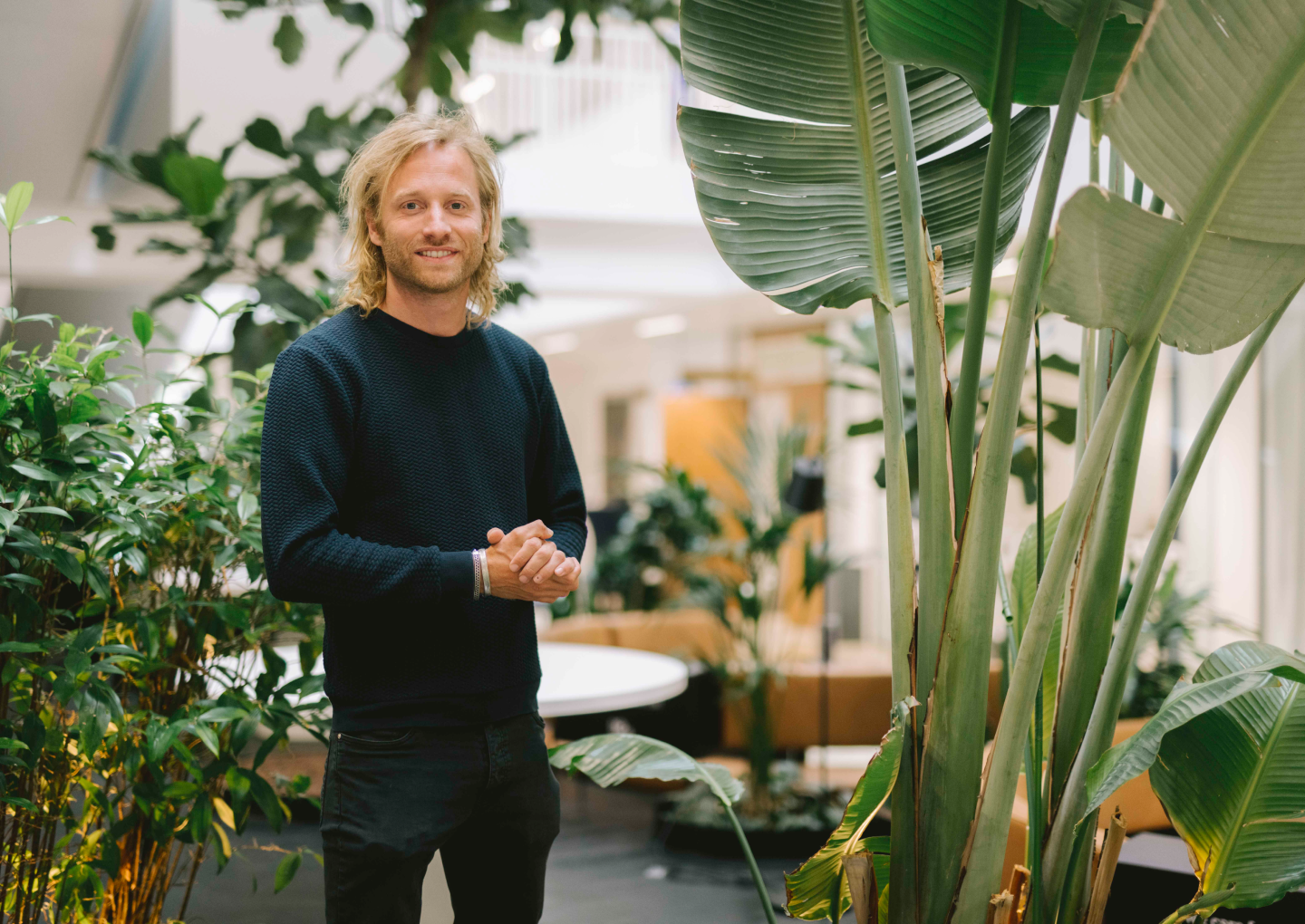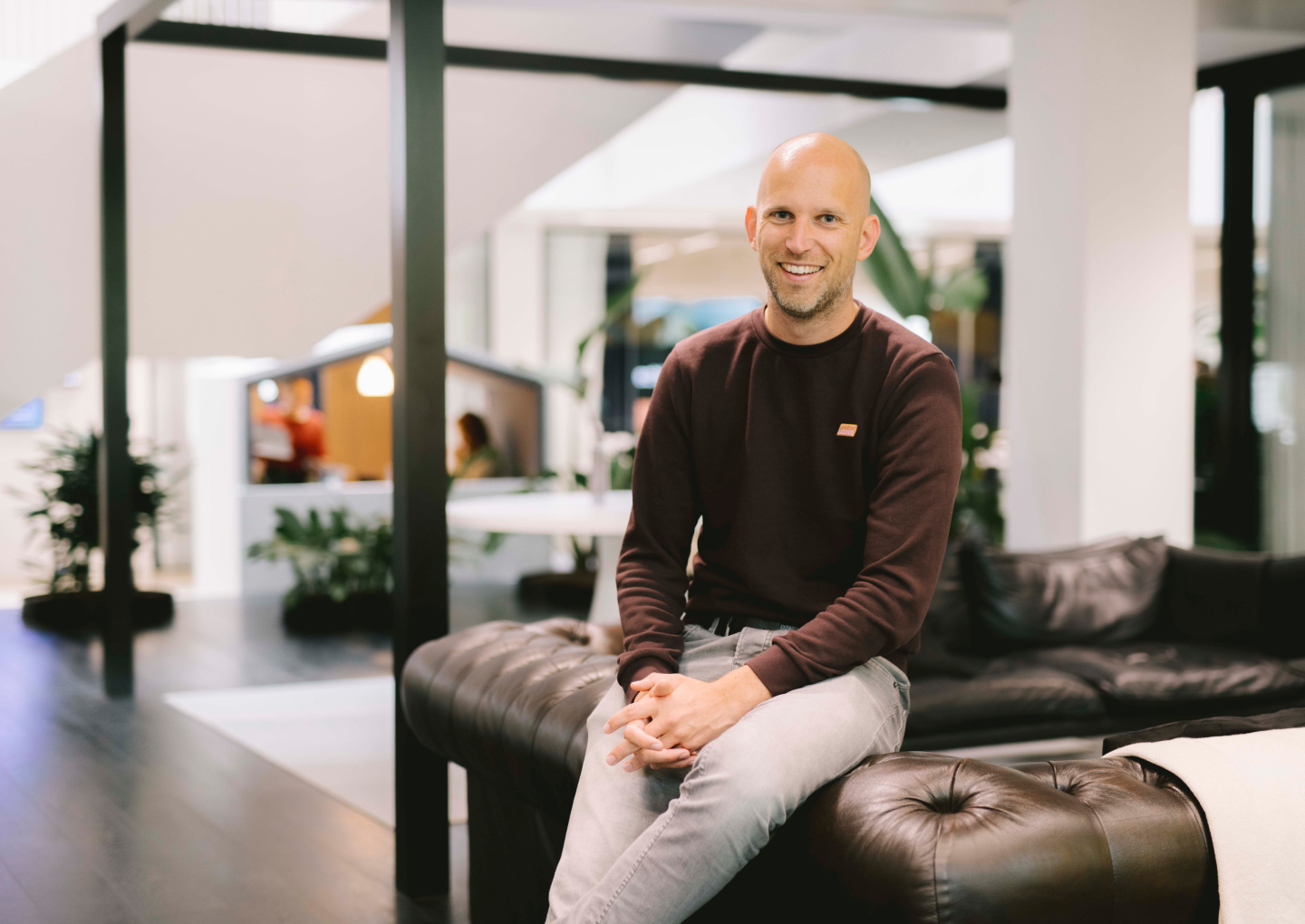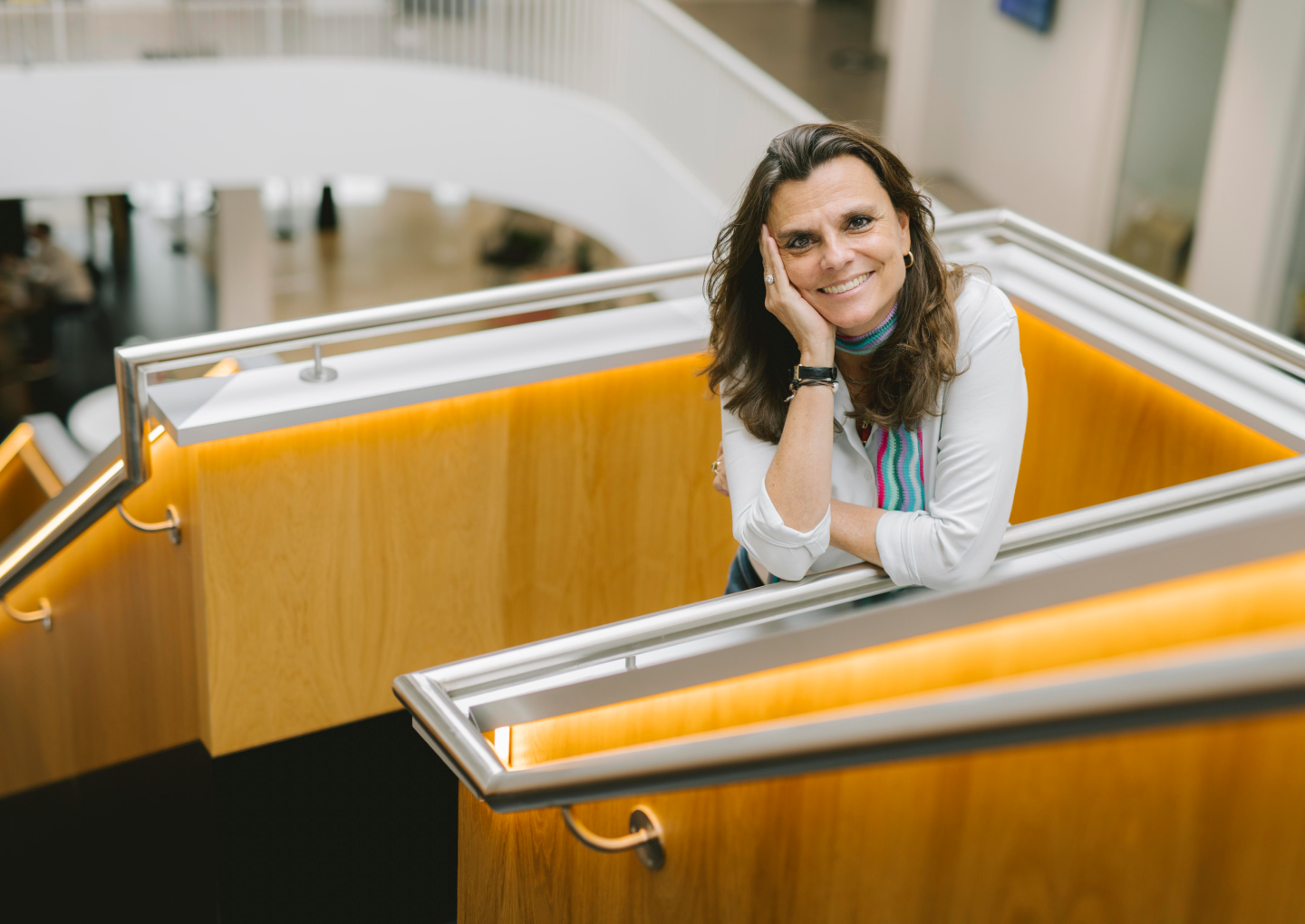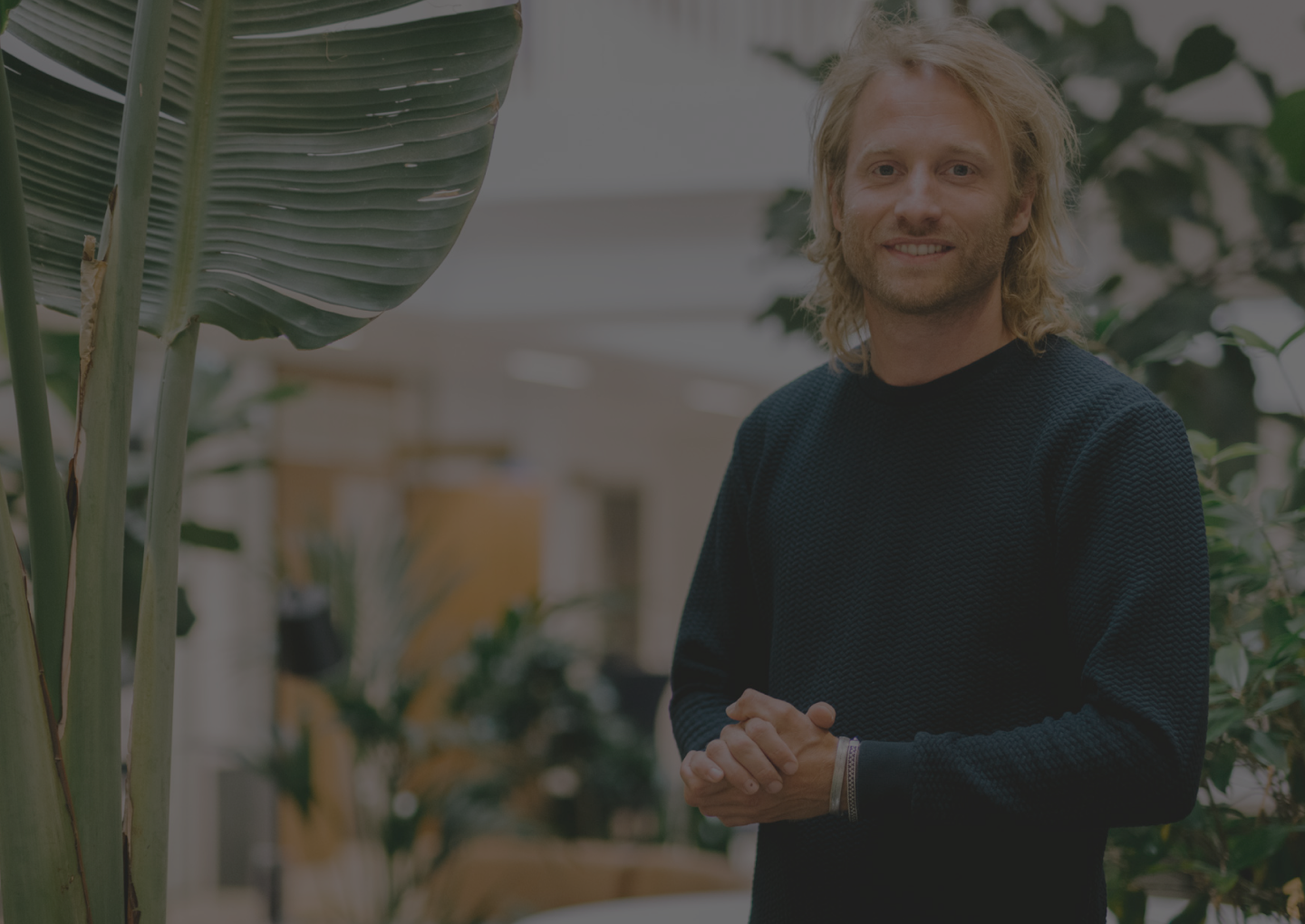The solution was obvious, to Avishai at least – companies needed to use their truck capacity more efficiently. ‘Out of the 25 trucks we had back then, 20 came back empty when they returned from a destination,’ he explains. ‘The rationale in simple terms is that, if you can fill a route back with goods it becomes very good margin because you've already paid the driver salary, the fuel costs, all the fixed costs. You don't have to understand logistics to understand the potential there!’
Avishai realised that, though his trucks were only making deliveries in one direction, the return business was there – it was just shared amongst a multitude of different freight companies. By combining the logistical powers of their fleets, they could all increase their margins and make their trips more efficient. The theory worked, but convincing other companies that cooperation could be mutually beneficial for everyone was a tough task. ‘They thought I was trying to take their customers,’ he shrugs. ‘They were all very suspicious. They know that they’re struggling, and I know that I’m struggling, but still, they preferred to die alone than to work together. I thought that was nonsense.’
It became clear that Israel was not the right place for Avishai’s big idea – the market was too small and transport companies were very traditional with little in the way of I.T. structure. ‘The gap between what we wanted to introduce and what already existed was too big,’ he says. Instead, he scoped out a more suitable market and found the Netherlands, which boasts a large, technologically advanced logistics sector as well as great accessibility to most of Europe.
Avishai moved to the Netherlands in early 2016 and set up Quicargo with the help of Startupbootcamp. The first few months were tough, he says – he was a foreigner in a new country, trying to pitch an idea to big, well-established companies, with no product and no funding. ‘I received tonnes of negative feedback before I got the first yes,’ he says. ‘Honestly, if I hadn’t moved countries and invested everything I had in the idea, I might have stopped. Lots of times during the journey I thought, maybe I’m wrong, or maybe the market isn’t ready, or maybe the market was ready but I missed my chance. It all depends on your belief – how much you believe in the solution and how much you’re willing to fight for it.’
